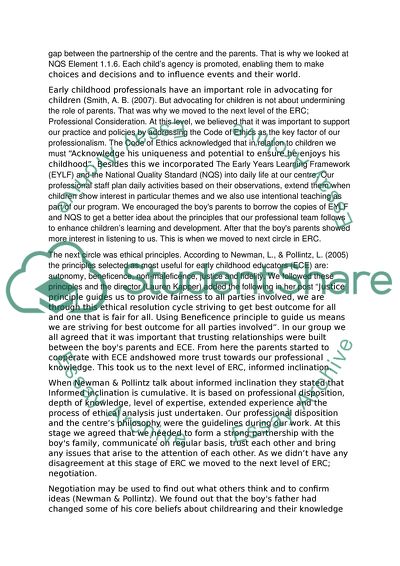Cite this document
(Ethical Dilemma Essay Example | Topics and Well Written Essays - 1750 words, n.d.)
Ethical Dilemma Essay Example | Topics and Well Written Essays - 1750 words. https://studentshare.org/ethics/1803737-ethical-dilemma-and-reflection-essay
Ethical Dilemma Essay Example | Topics and Well Written Essays - 1750 words. https://studentshare.org/ethics/1803737-ethical-dilemma-and-reflection-essay
(Ethical Dilemma Essay Example | Topics and Well Written Essays - 1750 Words)
Ethical Dilemma Essay Example | Topics and Well Written Essays - 1750 Words. https://studentshare.org/ethics/1803737-ethical-dilemma-and-reflection-essay.
Ethical Dilemma Essay Example | Topics and Well Written Essays - 1750 Words. https://studentshare.org/ethics/1803737-ethical-dilemma-and-reflection-essay.
“Ethical Dilemma Essay Example | Topics and Well Written Essays - 1750 Words”. https://studentshare.org/ethics/1803737-ethical-dilemma-and-reflection-essay.


